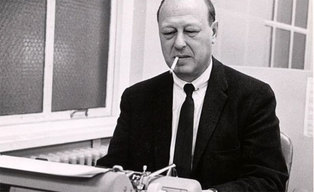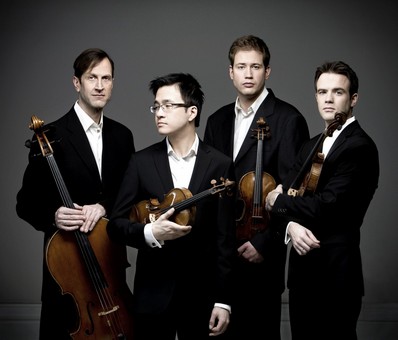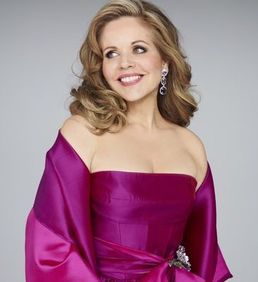 Harold C. Schonberg, hard at work.
Harold C. Schonberg, hard at work. Harold C. Schonberg liked to sign his name with the initials HCS – translatable into music as B, C and E-flat. It was an appropriate gesture for a man who lived his life in the realm of music, but whose instrument was the typewriter. Schonberg was an old-school newspaperman, through and through, with ink under his fingernails (figuratively speaking). As a writer he was eloquent, but direct and to-the-point.




 RSS Feed
RSS Feed

